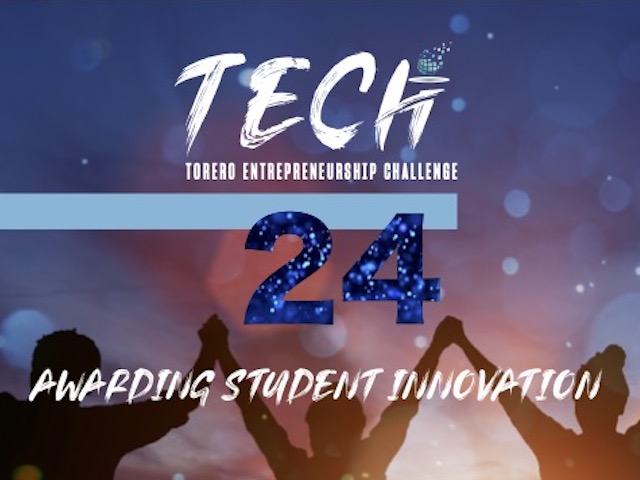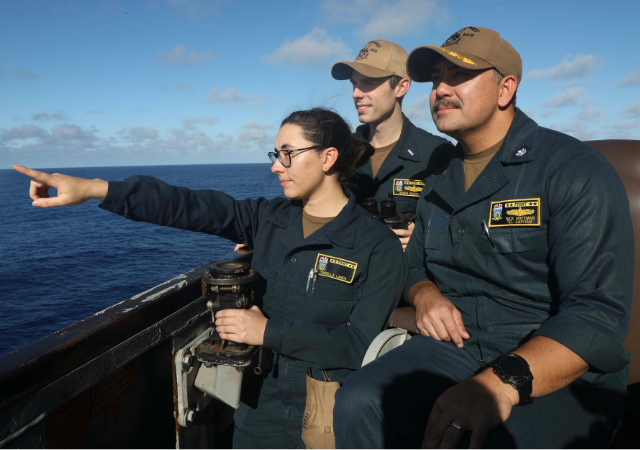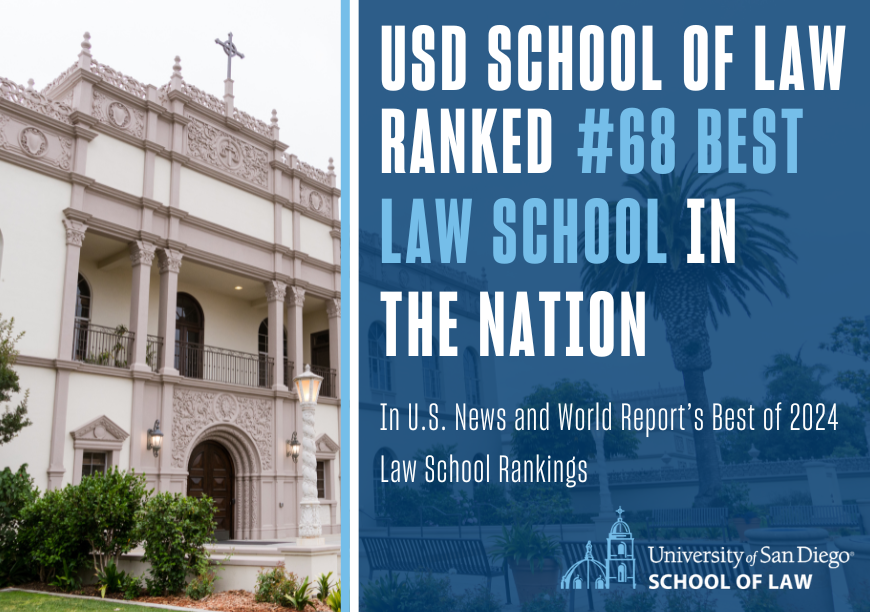Stanford Program Names 4 USD Students as University Innovation Fellows
Four University of San Diego Changemaker undergraduate students — Isabelle Ashraf, Julia Heaton, Reijer den Dulk and Riley Dean — have been named University Innovation Fellows (UIF) through program within Stanford University’s Hasso Plattner Institute of Design.
This week, the program named 258 students from 64 higher education institutions in nine countries as Fellows. The program empowers students to become agents of change at their respective schools. Fellows work to ensure that their peers gain the knowledge, skills and attitudes required to compete in the economy of the future and make a positive impact on the world. Fellows advocate for lasting institutional change and create opportunities for students to engage with innovation, entrepreneurship, design thinking and creativity at their schools. Fellows design innovation spaces, start entrepreneurship organizations, host experiential learning events and work with faculty to develop new courses.
To become a Fellow, students had to first complete an experiential six-week online training program earlier this year. In March, they’ll attend the Silicon Valley Meetup, where all Fellows will connect and build on the learnings from the online training. Fellows receive year-round mentorship and represent the program and their schools at national conferences and events.
“We believe students can help accelerate the pace of change in higher education,” said Humera Fasihuddin, co-director of the UIF program. “They have creative ideas and are very resourceful. With proper training and mentorship, they are initiating positive lasting changes at their schools and making a difference in the lives of their peers.”
At the University of San Diego, which is a designated Askoka U Changemaker Campus and has the USD Changemaker Hub to collaborate with others on campus to build community, Ashraf, Heaton, den Dulk and Dean took a closer look.
“After we looked at our campus holistically, we discovered that there’s no shortage of opportunities for innovation and entrepreneurship on our campus,” den Dulk said.
“However,” Heaton added, “there is a lack of connection between students and those opportunities.”
The students worked together to answer one question: “How might we expand existing changemaking opportunities in a way that builds community?”
The result was many possible ideas:
• Connecting a network of motivated students to be part of a new program called USD Thread where students apply to be among 100 who will come together in groups of 10 to have dinner and discuss social justice issues, innovation and a USD sense of community on and off campus over the course of a year.
• Opportunities for students to engage in the ideas behind changemaking with the Changemaker Student Committee.
• Connect student leaders on campus as members of a newly created Changemaker Student Core.
• Develop a roadmap for student involvement, which can lead to better opportunities to connect across campus and with other universities.
• Expand the Social Change Corps Program, which supports students who want to explore changemaking opportunities through financial support and mentoring.
• Utilize USD’s existing First-Year Living Learning Communities to expose new students to USD’s changemaking identity.
“I am extremely inspired and proud of the students who were chosen to be USD's University Innovation Fellows,” said Mike Williams, director of the USD Changemaker Hub and professor for USD's Political Science and International Relations Department. “They are each dedicated to making our campus more inclusive and more vibrant. As a university, we invite students to support issues that they are passionate about and to make a positive difference. These students are examples of what practicing changemaking looks like in action.”
To learn more about the students’ ideas and perspectives, please view the video submitted by the USD students.
— Ryan T. Blystone



